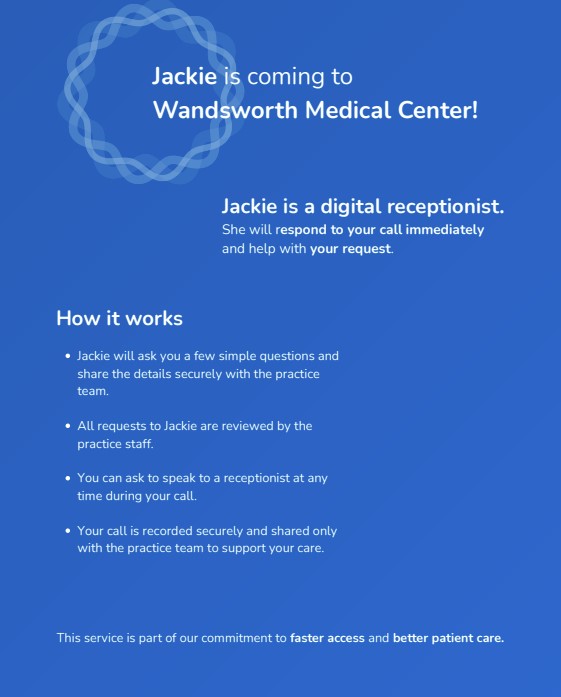Looking for Hay Fever Relief in South West London? Discover Expert Tips, Allergy Prevention & Hay fever Treatments for the Entire Season
What is Hay Fever?
Understanding hay fever, common allergies, and how pollen exposure triggers symptoms during the peak of the pollen season.
Hay fever, also known as seasonal allergic rhinitis, is a common allergic reaction to allergens such as grasses and tree, or other pollens. It typically affects people in the spring and summer months. These months are known as the hay fever season, which usually starts in late March and can persist throughout the entire summer. Many individuals experience symptoms like sneezing, runny nose, nasal congestion, and itchy or irritated eyes. These are classic hay fever symptoms, and while they may seem minor, they can greatly impact daily life.
Hay fever occurs when the body’s immune system overreacts to allergens. This leads to nose, eye, throat, and sinuses inflammation. People who suffer from hay fever often experience symptoms persistently each year, especially when pollen counts are high. It’s important to understand that hay fever is more than just a nuisance—it can lead to severe discomfort and even interfere with breathing in more severe cases.
Common Symptoms & Triggers
Identify typical hay fever symptoms, allergy responses, and pollen’s impact during severe hay fever cases in South West London.
The most common symptoms of hay fever include sneezing, runny nose, itchy eyes, nasal congestion, and sometimes even abdominal pain or breathing difficulties in severe cases. These symptoms of severe allergic reactions are usually triggered by pollen, dust mites, and other environmental allergens.
People who suffer from hay fever often report increased symptoms during high pollen count days. Tree pollen and grass pollen are among the most common triggers in the UK. Hay fever can also be aggravated by weather changes, pollution, and other allergens.
Severe hay fever symptoms may require medical attention and a tailored course of
treatment. Consulting a GP at Wandsworth Medical Centre if you have severe symptoms can help identify the specific allergens and provide effective treatment options.

How to Manage Hay Fever Naturally
Explore natural hay fever treatment options alongside hay fever treatment alternatives and non-invasive allergy management tips.
There are many ways to prevent and treat hay fever. Please click on this link for NHS advice for Hay fever.
You can prevent hay fever symptoms by limiting exposure to allergens, keeping windows closed during peak pollen hours and using air purifiers can help suppress exposure to allergens indoors. Monitoring the pollen count regularly allows sufferers to plan their outdoor activities more effectively.
There are also several natural remedies to alleviate hay fever symptoms. Herbal remedies and saline rinses are also helpful for cleansing nasal passages.
Many individuals also benefit from using over-the-counter nasal and eye drops that reduce inflammation and help ease irritation. A pharmacist can help with hay fever, and hay fever treatments are available to buy without a prescription. Using nasal sprays, eye drops, and non-drowsy antihistamine tablets can provide relief from symptoms.
It’s important to note that while these methods can offer temporary relief, they might not work for everyone. For severe symptoms, book an appointment at Wandsworth Medical Centre, your trusted GP practice in London Wandsworth Medical Centre.
When to Seek Medical Advice
Know when to seek help for severe hay fever symptoms
If your symptoms persist despite using over-the-counter remedies or natural methods, it’s time to seek medical advice. Treatment for hay fever varies depending on the severity of symptoms and individual medical history.

How Wandsworth Medical Centre Can Help
At Wandsworth Medical Centre, we offer a variety of treatments in London tailored to meet individual needs. Our GP practice provides expert care and consultation to patients suffering from seasonal allergic rhinitis. Whether you’re dealing with mild irritation or severe hay fever symptoms, our healthcare professionals are here to help.
Conclusion: If you suffer from hay fever, don’t let the hay fever season hold you back.
Be proactive—monitor the pollen count, take preventive steps, and explore treatments available to ensure you stay comfortable throughout spring and summer. If symptoms worsen or persist, don’t hesitate to seek help. Get in touch with Wandsworth Medical Centre today and find the relief from the symptoms of hay fever you deserve.
For more frequently asked questions, expert advice, and resources on hay fever relief in South West London, visit wandsworthmedicalcentre.co.uk or call us to book your consultation today.


